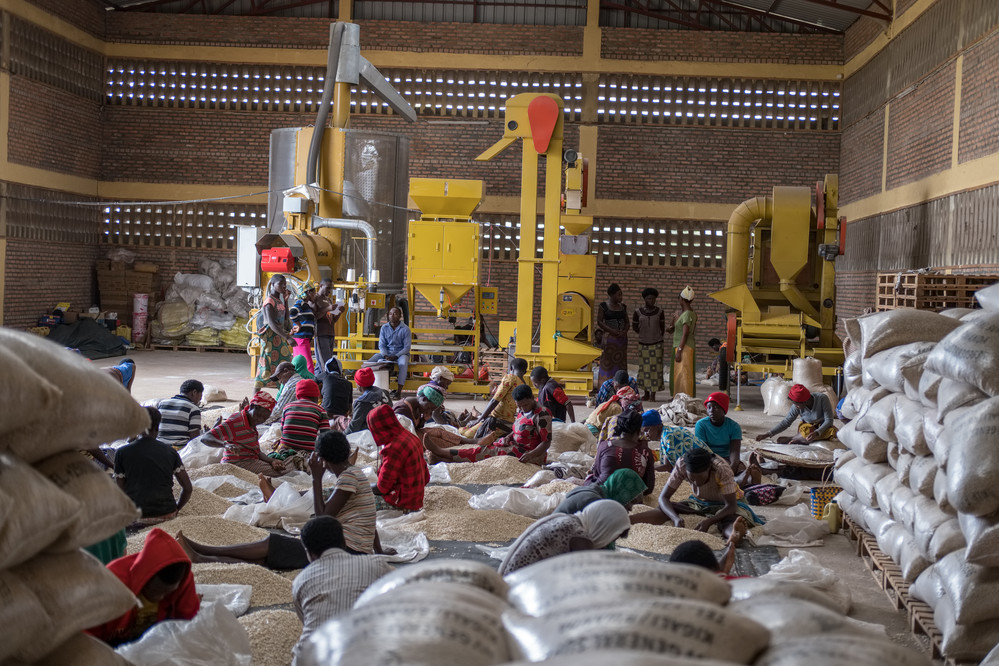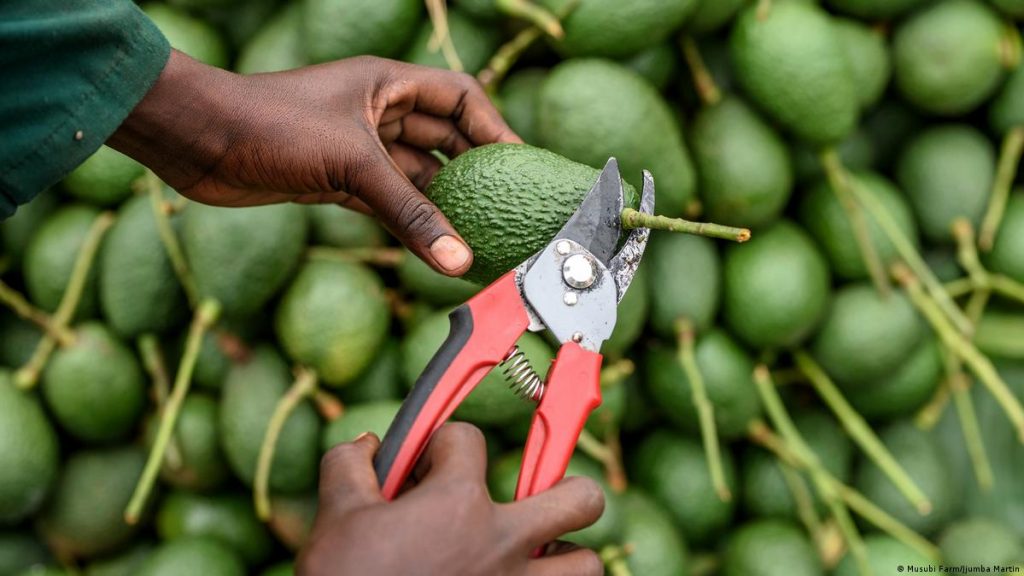Rimini, Italy, May 5th, 2023 – Latin America and the Caribbean are a key pillar for global food supply as well as for improving food security and reducing poverty, warned Rossana Polastri, Regional Director of the United Nations International Fund for Agricultural Development (IFAD) for the region, during the Italy-Latin America Agri-food SMEs Forum held this week at the MACFRUT Fair in Rimini, Italy.
“The decisions we make today will determine what our food systems will be like in the coming decades. Therefore, it is essential to transform the chain from food production to consumption to break the intergenerational cycle of poverty, hunger, and malnutrition, starting right now. We cannot wait,” Polastri said.
IFAD stated that the growth of small and medium-sized agri-food companies in Latin America and the Caribbean offers opportunities for a transformation of healthy, inclusive, and sustainable food systems. SMEs link small farmers to markets, can deliver affordable food, and also generate employment, women’s entrepreneurship, and livelihood opportunities.
The UN agency specialized in rural development has different financial and non-financial instruments to achieve this transformation, with which 25 projects are being implemented in various vulnerable communities located in rural areas of middle- and low-income countries in the region.
Polastri emphasized the importance of governments, multilateral agencies, and national and international financial institutions also making “investments to generate the necessary conditions for family farming and agribusiness to be productive, economically viable, and environmentally sustainable.”
Solutions for the region
During the Agri-Food SME Forum, IFAD and the Smallholder and Agri-SME Finance and Investment Network (SAFIN) organised a panel discussion to provide an update on the state of the debate on green finance, and in particular on sustainable finance to strengthen the capacity of vulnerable rural areas to cope with climate change.
IFAD also met with representatives of business associations, producer organizations, and actors in the public sector to identify opportunities to scale successful strategies, particularly to expand the role of family farming cooperatives in the region.
The Agri-food SMEs Forum brought together delegations from 20 countries in Latin America and the Caribbean, along with the Italian government and representatives from public development banking, the private sector, and academia to discuss challenges in areas such as food security, sustainability, resilience, innovation and technology transfer, territorial governance, and social and productive inclusion in the region.
The Italo-Latin American Institute (IILA), with the support of the Italian Ministry of Foreign Affairs and International Cooperation, promoted and organized this event. The Forum took place in Italy at the request of Latin American countries, to learn from Italy’s public policies, sustainable territorial development, and business opportunities and technological collaborations focused on micro, small, and medium-sized enterprises in Italy.
This article was originally published by IFAD

